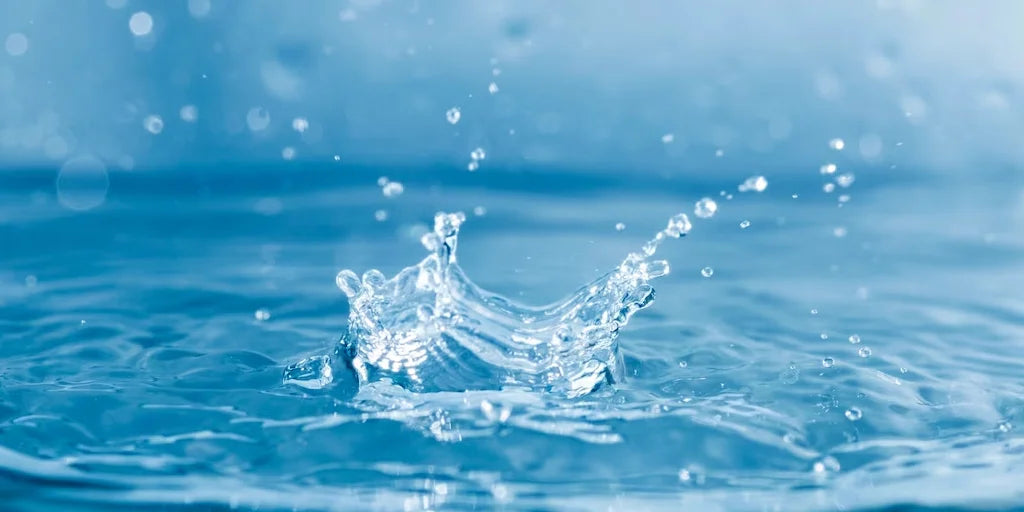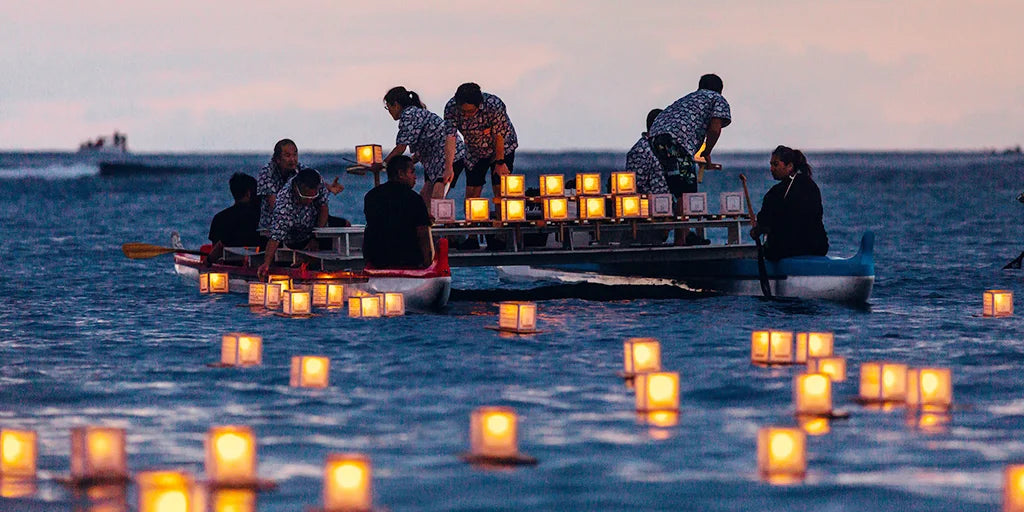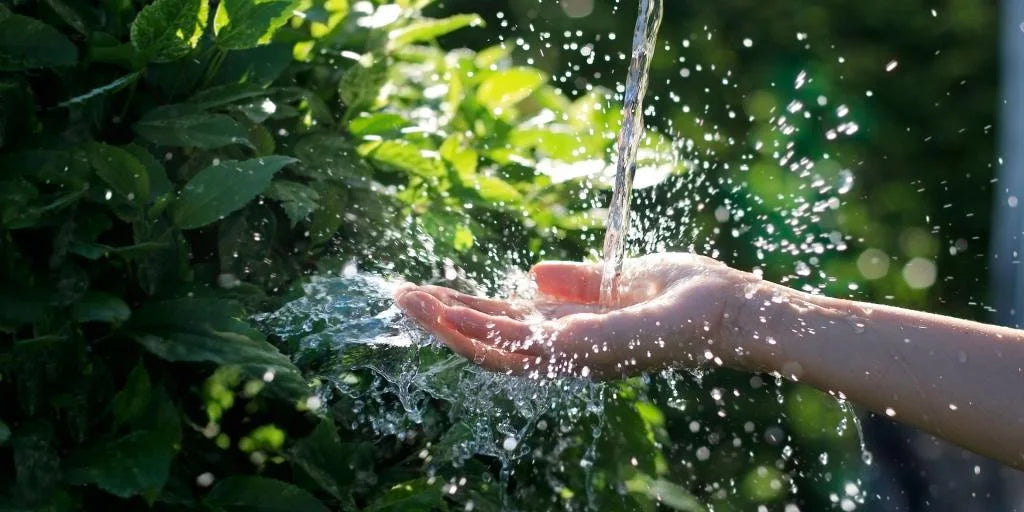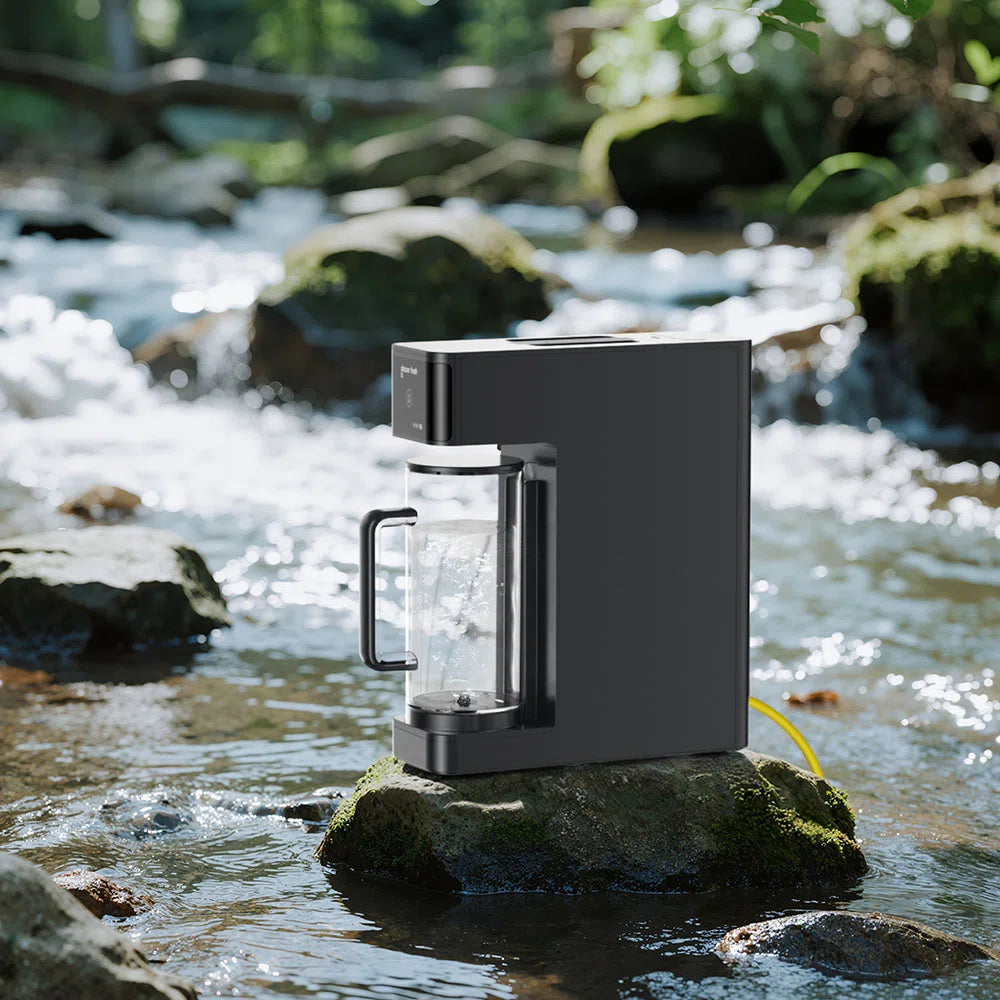Table of Contents:
Historical perspectives on water symbolism
The spiritual significance of water
Cultural rituals involving water in different traditions
Preserving water sources: what can we do nowadays?
Conclusion
Picture yourself standing at the edge of a vast ocean of knowledge, where the ripples of cultural practices intertwine with the depths of water symbolisms across various societies. From ancient rituals to modern interpretations, the significance of water transcends time and borders, shaping beliefs and traditions in profound ways. As you navigate through these interconnected streams of meaning, you'll uncover the intricate tapestry of human connection to water and the rich tapestry of stories it holds.
Historical perspectives on water symbolism
Ancient civilizations and their reverence for water
Ancient civilizations across the globe, spanning from Mesopotamia to Mesoamerica, held profound reverence for water, viewing it as a sacred and vital element in their cultural and spiritual practices. Water offerings were common in these societies, symbolizing gratitude and respect for the life-giving properties of water.
Water deities played a significant role in their cultural practices, with rituals and ceremonies dedicated to honoring these gods and goddesses. Ritual purification through water was a central aspect of ceremonial practices. Water was believed to cleanse the body and soul, preparing individuals for spiritual experiences. Water sources were often considered sacred sites, where communities gathered for practical needs and spiritual connection.
- Water offerings symbolizing gratitude and respect
- Water deities central to cultural practices
- Ritual purification for cleansing the body and soul
- Sacred water sources as sites of spiritual connection
- Ceremonial practices dedicated to honoring water symbolism
Water symbolism in religious texts
Water symbolism in religious texts has long been a prominent feature in historical perspectives, reflecting the profound significance of this element across various faith traditions. Water symbolism in poetry often portrays themes of purification, rebirth, and spiritual cleansing, mirroring the transformative power of water in religious contexts. Water rituals in folklore are deeply rooted in traditional practices, symbolizing renewal, fertility, and the cyclical nature of life.
Moreover, water imagery in mythology frequently represents creation, chaos, and the intersection between the divine and mortal realms. These symbolic representations of water in religious texts convey profound spiritual truths and connect believers to the sacred essence of this elemental force, transcending cultural boundaries and uniting humanity in a shared reverence for its life-giving properties.
Traditional practices involving water ceremonies
Exploring historical perspectives on water symbolism reveals a rich tapestry of traditional practices involving water ceremonies central to various societies. Water has played a significant role in cultural traditions, with ceremonies often incorporating symbolic meanings and beliefs. Here are some common practices:
- Water blessings: Many cultures perform rituals to bless water for its healing and purifying properties.
- Ritual purification: Water is used in ceremonies to cleanse individuals spiritually or physically before important events.
- Cultural traditions: Water ceremonies are deeply rooted in the cultural practices of societies worldwide, representing themes of renewal and transformation.
- Offerings to deities: Water is a sacred gift to honor deities and seek their favor.
- Community gatherings: Water ceremonies often serve as communal events that unite people in shared experiences and beliefs.
The spiritual significance of water
The connection between water and spirituality
Delving into the spiritual realm of various cultures reveals a profound and universal connection between the essence of water and beliefs. Water holds immense spiritual significance in many societies, shaping rituals and symbolizing deeper meanings. Here are five ways water is spiritually significant across different cultures:
- Purification: Rituals often use water to cleanse the body, mind, and soul.
- Renewal: It symbolizes rebirth and renewal, offering a fresh start or new beginnings.
- Connection to the divine: Many believe water is a conduit to the spiritual realm, connecting them with higher powers.
- Life-giving properties: Water's ability to sustain life is often seen as a divine gift, emphasizing its spiritual importance.
- Harmony and balance: Water's fluidity and adaptability are often associated with spiritual principles of harmony and balance.
Water is a vital element for human survival
Water, an essential element for human survival, transcends its physical importance to hold profound spiritual significance across various cultures. Water conservation is crucial to ensure the sustainability of this life-giving resource. Adequate hydration is vital for maintaining bodily functions and overall health. In many traditions, water is seen as a symbol of purity and renewal, emphasizing the importance of staying hydrated.
Aquatic ecosystems are critical in supporting biodiversity and providing resources for communities worldwide. By valuing water as a vital element necessary for survival, individuals can cultivate a deeper respect for this precious resource and contribute to its preservation.
Cultural beliefs surrounding the life-giving properties of water
Exploring the spiritual significance of water reveals diverse cultural beliefs surrounding its life-giving properties. Many societies attribute profound meanings to water, incorporating it into various rituals and traditions. Here are some intriguing aspects of cultural beliefs related to water:
- Water blessings and purification rituals are prevalent in numerous cultures.
- Folklore tales and myths often depict water as a source of life and transformation.
- Traditional practices highlight the importance of water in ceremonies and daily life.
- Customs surrounding water use vary widely, reflecting unique cultural perspectives.
- Water is seen as a symbol of purity and renewal in spiritual contexts, shaping beliefs and practices across different societies.
Cultural rituals involving water in different traditions
Water is a sacred element
In various cultural traditions, the significance of water as a sacred element is exemplified through diverse rituals and ceremonies. Water is special in many societies, symbolizing spiritual purity, often used for ritual cleansing ceremonies.
Additionally, water is integral in symbolic baptisms and ceremonial traditions, signifying new beginnings and spiritual rebirth. Some cultures revere specific sacred rivers, believing they hold divine connections and spiritual powers. The rituals and ceremonies involving water in these traditions are deeply rooted in beliefs and customs, showcasing water's profound respect and importance as a sacred element.
- Water symbolizes spiritual purity and is used for ritual cleansing.
- Symbolic baptisms and ceremonial traditions highlight new beginnings.
- Sacred rivers are revered for their divine connections.
- Water rituals and ceremonies are rooted in beliefs and customs.
- Water is deeply respected as a sacred element in various cultures.
Rituals and ceremonies involving water
Water is central in cultural rituals across different traditions, symbolizing spiritual purification and renewal. Water blessings and purification rituals are common practices in various societies, where individuals immerse themselves in water to cleanse their spirits and seek blessings for health and prosperity.
Water dances are performed to establish spiritual connections with the divine, expressing reverence and gratitude through fluid movements. Additionally, water offerings are:
- An integral part of ceremonial practices.
- Symbolizing gratitude and respect.
- The cyclical nature of life.
These rituals highlight the deep-rooted cultural significance of water, emphasizing its role not only as a physical necessity but also as a spiritual and symbolic element in traditional ceremonies worldwide.
Symbolic meanings of water in art
Immersing yourself in the art world reveals many symbolic meanings associated with water in diverse cultural traditions. When exploring the symbolic meanings of water in art, you'll encounter:
- Water symbolism in literature,
- Contemporary art interpretations of water symbolism,
- Cultural perspectives on artistic representations of water,
- Mythological depictions of water in art,
- Spiritual significance of water in art.
These elements showcase how artists across cultures have used water to convey deep meanings, emotions, and beliefs. Whether through poetry, paintings, sculptures, or other art forms, water continues to be a rich source of inspiration and symbolism, connecting humanity through its universal presence and significance.
Water in healing practices
Exploring cultural rituals involving water in different traditions reveals this element's profound role in healing practices across various societies. Water in traditional medicine has been a common theme, with many cultures believing in the healing properties of specific waters. From natural springs to ceremonial baths, ritual healing waters are often central to physical and spiritual well-being. Cultural practices for water healing vary widely, such as the Japanese tradition of 'misogi' involving purifying oneself under a waterfall or the Balinese 'Melukat' ritual cleansing in holy springs. Water's significance in these healing practices goes beyond physical cleansing, spiritual renewal, and emotional healing.
Water festivals and celebrations
During various cultural festivities and celebrations worldwide, water plays a central and symbolic role, embodying purification, renewal, and communal unity. Water festivals and celebrations encompass many traditions and practices, each with unique rituals and significance. Some common elements found in these celebrations include:
- Water parades, traditional performances
- Aquatic spectacles, community gatherings
- River processions, cultural pageantry
These events often unite people to honor water as a life-giving element, showcasing the cultural importance and reverence for this vital resource. Whether through vibrant water parades or serene river processions, these celebrations highlight the deep connection between water and various cultural identities.
Preserving water sources: what can we do nowadays?
Understanding water conservation methods
Start by promptly fixing any leaks in your plumbing system. A dripping faucet can waste gallons of water each day. Additionally, consider installing water-efficient fixtures like low-flow showerheads and toilets. These simple changes can lead to significant water savings over time. Being mindful of your daily habits. Turn off the tap while brushing your teeth or scrubbing dishes, and only run the dishwasher and washing machine when they're full.
Implementing sustainable irrigation practices
Drip irrigation systems deliver water directly to the plant's roots, reducing evaporation and runoff. Installing rain sensors on sprinkler systems helps prevent overwatering by adjusting watering schedules based on rainfall. Mulching around plants retains soil moisture, reducing the need for frequent watering. Additionally, scheduling irrigation during early morning or late evening hours when temperatures are cooler reduces water loss through evaporation. Implementing smart irrigation controllers allows for automated adjustments based on weather conditions and plant water needs.
Supporting water quality monitoring efforts
Upgrading monitoring equipment allows for more precise measurements of contaminants, pH levels, and nutrient concentrations in water sources. Automated sensors and drones can be utilized for efficient data collection over large bodies of water, enabling quicker response times to any detected issues. Implement real-time monitoring systems to identify and address potential water quality concerns promptly.
Develop data analysis tools to interpret information effectively and make informed decisions for water source preservation. By supporting water quality monitoring efforts with modern technology, you can play a crucial role in safeguarding the health of water sources for current and future generations.
Promoting community engagement in water preservation
Encouraging active participation from local communities is essential for preserving water sources. By involving residents in water preservation efforts, you can create a sense of ownership and responsibility toward local water sources.
Organizing community clean-up events, educational workshops, and volunteering opportunities can raise awareness and foster a culture of conservation. Encouraging individuals to report water leaks, practice water-saving habits, and participate in local conservation projects can have a significant impact on preserving water sources for future generations.
Investing in water infrastructure upgrades
Investing in water infrastructure upgrades is crucial to ensure the long-term sustainability of water sources. Upgrading water infrastructure, such as pipes, treatment plants, and distribution systems, is essential for improving efficiency and reducing water loss. Water utilities can better manage and conserve water resources by investing in modern technologies like leak detection systems and advanced filtration methods. Upgrades can also enhance drinking water quality, ensuring clean and safe water delivery to communities.
Conclusion
In conclusion, water plays a vital role in societies' cultural practices and beliefs worldwide. Water is deeply ingrained in various traditions and rituals, from its historical symbolism to its spiritual significance. As we move forward, it's important to recognize the importance of preserving our water sources for future generations. By understanding and respecting the symbolism of water, we can work towards sustainable practices that ensure its availability for all. Follow Glacier Fresh to find more about water.




























